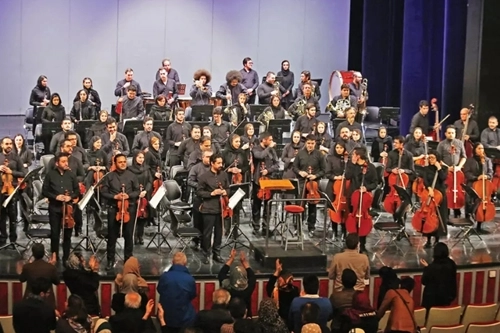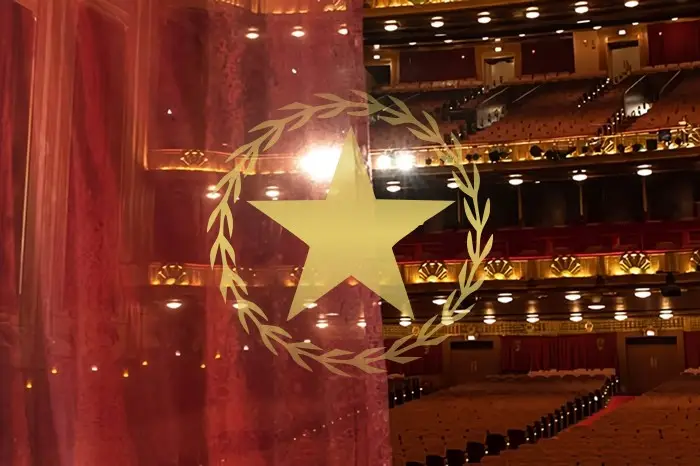
Forty members of the Tehran Symphony Orchestra, who refused to collaborate with the Iranian conductor Manuchehr Sahbai, have been temporarily removed from their positions. Observers in the local community suggest that these suspensions are intended to undermine the orchestra's existence.
Mark Stepehnson, a British conductor who has been in contact with the dissidents, provides his perspective on the matter:
Orchestras hold a crucial role in a nation's cultural life and, akin to sports teams, their performances on the global stage serve as a source of national pride. The Tehran Symphony Orchestra is no exception. Its musicians strive to deliver exceptional renditions of music by the world's greatest composers, while also nurturing the next generation of Iranian musicians. I can vouch for this, as I had the pleasure of collaborating with the TSO musicians as a guest conductor in January 2016. The concert, which featured music by Beethoven, Grieg, and Tchaikovsky at Vahdat Hall, was conducted on the day the US sanctions against Iran were lifted, January 19, 2016. The talented Iran concert pianist, Novin Afrouz, was the soloist.
Since 2016, I have been involved in the Internava Project, which supports young Iranian musicians and composers, traditional Persian music performed on authentic Persian instruments, and Iranian contemporary music for ensembles and orchestras.
As far as I understand, there has been a breakdown in the relationship between the Iranian conductor Manuchehr Sahbai and members of the Tehran Symphony Orchestra, leading to the suspension of 40 musicians who refused to perform under his direction. The conductor-orchestra relationship is complex, as a symphony orchestra relies on the leadership and musicality of the conductor, and when this relationship breaks down, it is usually irreparable.
I am aware that the Iranian government maintains a similar arms-length policy to that of the United Kingdom concerning the governance of the arts. Both governments have Ministries of Culture, but they delegate many decisions in specialized areas to other expert bodies; in Iran's case, it's the Roudaki Foundation, and in the UK's case, it's the Arts Council. However, the parallels probably end there!
The TSO is not self-governed by its musicians; appointments and contracts are made by the orchestra's management. Still, the conductor and guest conductors cannot function effectively if they do not have the respect of the musicians. This principle applies in various settings, such as companies, schools, football teams, and many others. The authorities in Iran must understand that suspending 40 players from the TSO makes it nearly impossible to replace them in sufficient numbers and at a high standard. Moreover, there seems to be a moral issue with the initial decision to suspend them. I hope that a mediator can resolve the situation, reinstate the suspended musicians, and find a way for both the conductor and orchestra to amicably part ways while preserving their dignity.
Date: July 20, 2023



